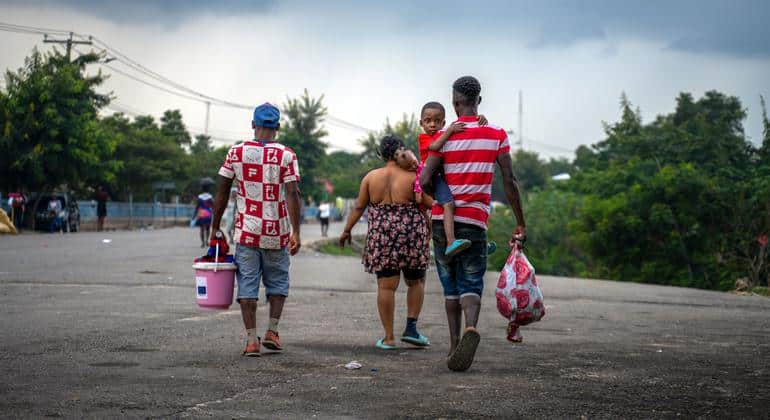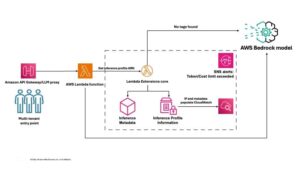Deported migrants from the Dominican Republic to Haiti have shared their distressing stories with representatives of the UN, highlighting the serious challenges they face upon returning to a country that many barely know and that is engulfed in a humanitarian and security crisis.
One of the deportees, Mireille, who arrived in Haiti exhausted and pregnant, carried only a small bag with her few belongings. At 29, she had spent most of her life in the Dominican Republic, where she had built a life, made friends, and left behind her childhood in Haiti. “I was deported to a country I never lived in,” expressed Mireille, revealing her anger and hopelessness facing a Haitian environment full of violence and instability.
Her arrival in Haiti was marked by distress. She was taken to a crowded detention center before reaching the border. “I arrived in Haiti scared and not knowing what to do,” she confessed, reflecting her disorientation after being stripped of her previous life. Her home country is facing humanitarian and political crises, as well as a alarming rise in violence from armed groups.
Guerson and Roselène, who had also lived in the Dominican Republic for over ten years, were subject to an unexpected eviction. Guerson, a professional mechanic, recounted how his young son, Kenson, thought it was just a trip. “I didn’t know what to tell him,” he remembered. Crossing the border, the chaos in Ouanaminthe made them feel trapped and helpless among a crowd of deportees.
The numbers are concerning: more than 200,000 Haitians have been forcibly repatriated this year, with 97% coming from the Dominican Republic. Just in the first two weeks of January, nearly 15,000 people returned, many of them with nowhere to go and facing the growing crisis in their home country.
The situation in Haiti is terrifying, with armed groups controlling vast areas, including the capital, Port-au-Prince. This has led to the displacement of over 700,000 people to precarious shelters lacking adequate living conditions and offering limited access to food and medical care. Currently, nearly half of the Haitian population, around 5.5 million people, require urgent humanitarian assistance.
Despite this harsh reality, organizations like the International Organization for Migration (IOM) are working diligently to provide support to the deportees. In collaboration with the Support Group for Repatriates and Refugees (GARR), they offer immediate assistance, including psychosocial support, medical care, and basic items like clothing and hygiene products, as well as temporary accommodation for those in greatest need.
Uncertainty about the future prevails for many who have returned. Guerson and Roselène, despite the hardships, retain hope of being able to return to the Dominican Republic someday. “In the meantime, I will find a way to work,” assures Guerson, showing the determination needed to support his family amid the crisis plaguing his country. The stories of these migrants highlight the complexity of migration and the struggle for human dignity in times of crisis.
Source: MiMub in Spanish












